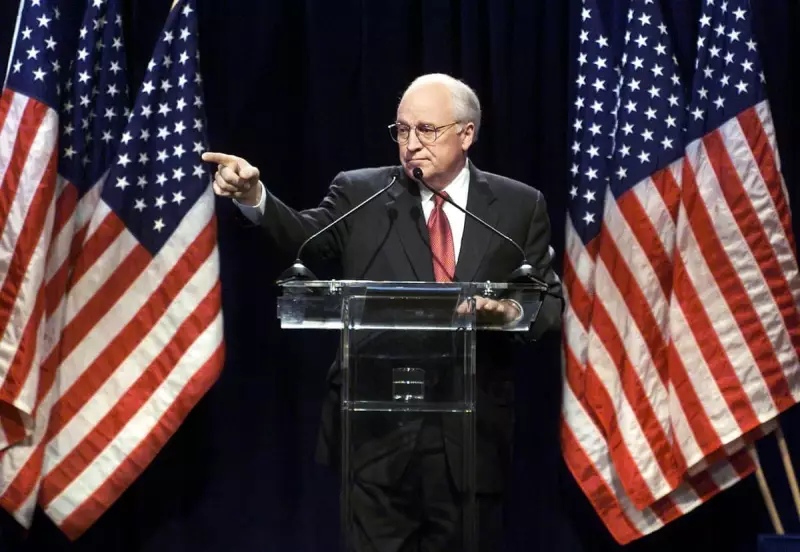
The political landscape mourns the passing of Dick Cheney, one of America's most influential and controversial vice presidents, who died at 93. Cheney's remarkable career spanned decades at the highest levels of US government, leaving an indelible mark on American foreign policy that continues to spark debate today.
The Unprecedented Power of a Vice President
Richard Bruce "Dick" Cheney redefined the role of vice president, transforming what had traditionally been a ceremonial position into a centre of immense political power. Serving under President George W. Bush from 2001 to 2009, Cheney became the architect of America's response to the September 11th attacks, championing the controversial "war on terror" that would define his legacy.
A Career Forged in Washington's Corridors of Power
Cheney's political journey began in the Nixon administration, progressing through roles that included White House chief of staff under Gerald Ford, US representative for Wyoming, and secretary of defence under George H.W. Bush. His extensive experience in national security and defence positioned him as one of Washington's most knowledgeable operators.
The Controversial Decisions That Defined an Era
Following the 9/11 attacks, Cheney advocated for robust executive powers and controversial security measures including:
- The 2001 invasion of Afghanistan to dismantle al-Qaeda
- The 2003 Iraq War based on disputed weapons intelligence
- Enhanced interrogation techniques critics labelled as torture
- The NSA's warrantless surveillance programme
- Establishment of the Guantánamo Bay detention camp
Health Battles and Political Evolution
Cheney's later years were marked by serious health challenges, including five heart attacks beginning in his late 30s, culminating in a heart transplant at age 71. His political journey took another surprising turn when he became a vocal critic of Donald Trump, endorsing his daughter Liz Cheney in her opposition to the former president.
A Complex Legacy of Conviction and Controversy
Dick Cheney remained unapologetic about his decisions, particularly regarding the Iraq War, despite the failure to find weapons of mass destruction. His tenure at Halliburton, which received substantial contracts in Iraq, drew criticism about potential conflicts of interest.
Supporters praised his steadfast leadership in protecting national security, while detractors condemned what they saw as erosion of civil liberties and international norms. This complex legacy ensures Cheney will be remembered as one of America's most significant, if divisive, political figures.





